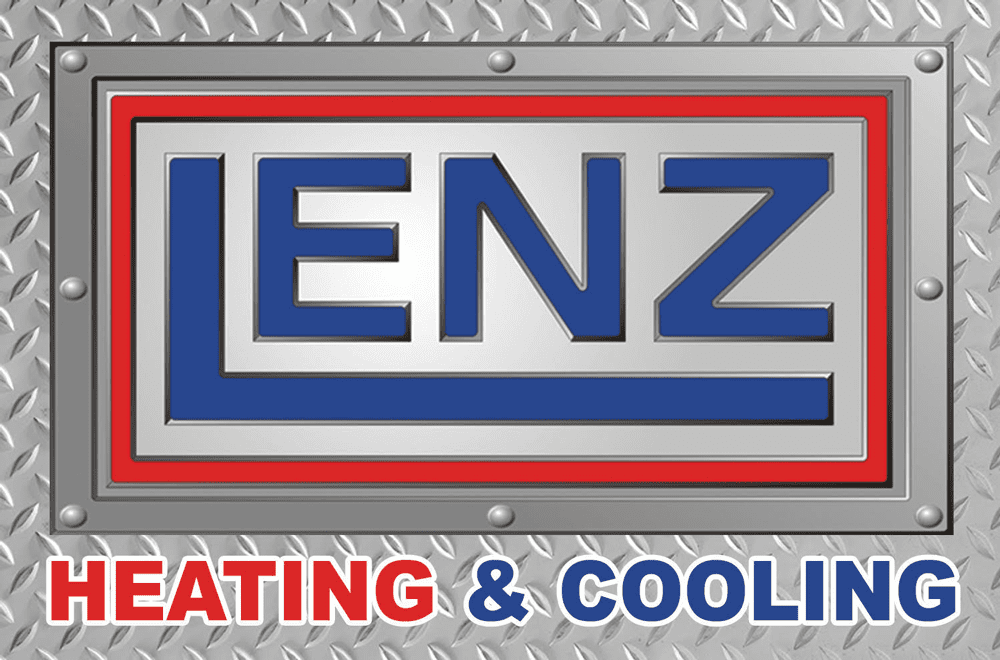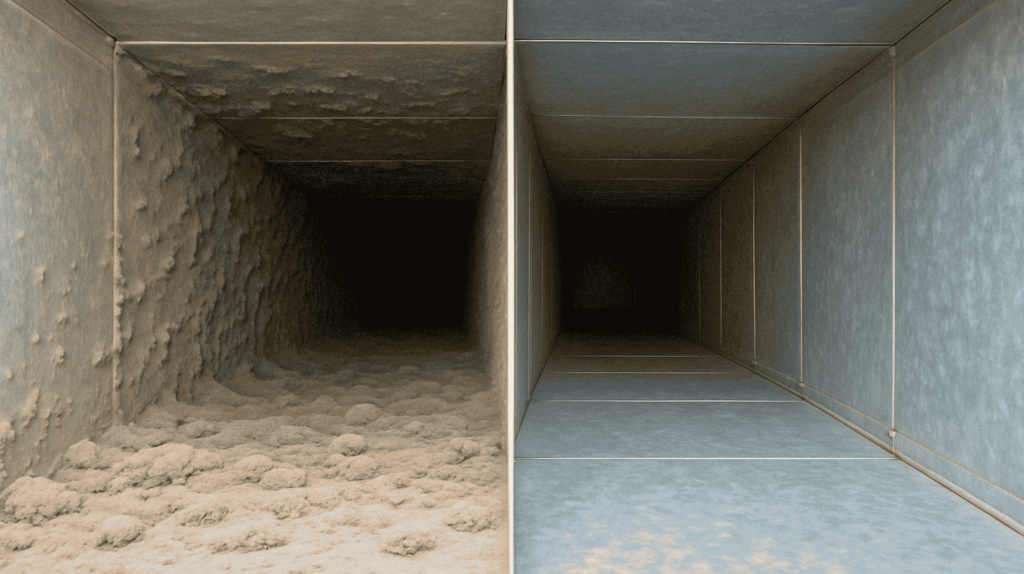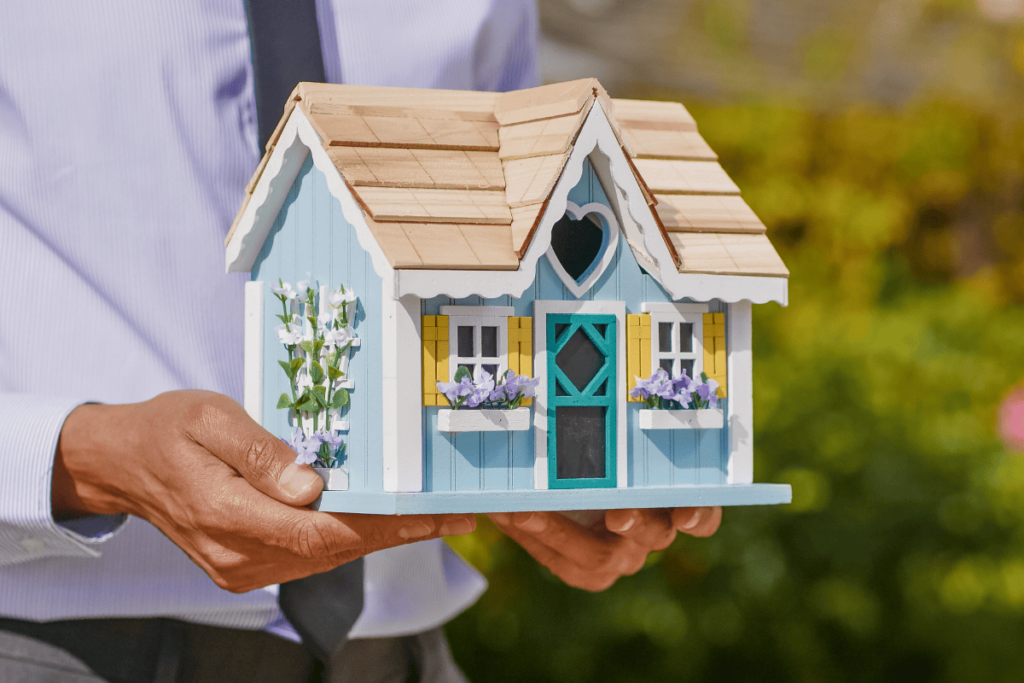With the brutal summers and winters we see in Des Moines, nothing causes household division like the fight over the perfect thermostat temperature. Some prefer colder temperatures to walk around the house in a sweatshirt and slippers regardless of the season, while others would rather wear shorts and a loose T-shirt in warmer temperatures. However, the thermostat battle isn’t just limited to fashion preference; many of the arguments stem from one person prioritizing comfort while the other prioritizes cost savings.
Is there some way to end the feud? With a little compromise and a programmable thermostat, families can stay comfortable and still save some green.
Ideal Summer Temperature for Your Air Conditioner
Energy Star recommends 78 degrees as the coolest temperature to set your thermostat in the summer in order to maximize efficiency and save the most money. Before you panic, it’s true that 78 degrees is still too warm for most people to be comfortable, so luckily there is an alternate solution.
Let’s say your ideal summer temperature is 72 degrees. There’s no need to make your air conditioner cool your home to 72 degrees when nobody is home, so you can program it a little higher throughout the work day and set it to cool back to 72 degrees about 30 minutes before everyone returns home.
Remember to Properly Program the Thermostat
The most common mistake we see when it comes to setting the away temperature is setting it too far in one direction so it no longer provides any benefit. Never set your thermostat more than 5–8 degrees above or below your ideal temperature. Setting it too far in either direction causes the unit to work too hard to reach your perfect temperature again, which wastes energy and can damage the unit. So if your ideal summer temperature is 72 degrees, program the thermostat at 77 or no more than 80 degrees when you’re out of the house.
Don’t Neglect the Dehumidifier!
Another reason it’s important to keep your AC unit on throughout the day, even when you’re not home, is because your unit also serves as a dehumidifier. It is much harder to control the humidity level in your home when the air conditioner is turned off, and a humid house will feel much warmer than it actually is—plus, no one wants to come home to sticky sheets and towels. For homeowners who try to save money by turning the unit completely off, especially if they have an improperly sized unit, their air conditioners often have to work harder to cool the home without controlling humidity levels. A house with a thermostat set at a higher temperature with low humidity is often much more comfortable than a house set at a lower temperature with high humidity.
Ideal Winter Temperature for Your Furnace
The same thermostat settings apply to your furnace in the winter when you find your ideal winter temperature. Energy Star’s recommended setting is 68 degrees in the winter to maximize efficiency and save the most money on your energy bill. If 78 is too warm in the summer then 68 may be too cold for some people in the winter, but if you use Energy Star’s recommendation, don’t set your thermostat below 60 degrees when you’re out of the house. Setting the thermostat too low, in both the winter and summer months, can cause your unit to freeze, not to mention issues with your pipes.
When It’s Time to Replace Your Air Conditioner or Furnace
Keep in mind that the age and efficiency of your air conditioner and furnace also play a huge role in determining your energy costs. HVAC units are getting better and more efficient all the time, so if your unit is over 10 years old, you may want to consider an upgrade. Replacing the air conditioner or furnace may be an expense up front, but it will more than pay for itself once you see how much money you save on your energy bills. If you are thinking about installing a new air conditioner, make sure you get one with an ENERGY STAR® SEER rating of at least 13; if the SEER rating is 15 or greater, the unit will be even more efficient.
Remember all of the thermostat suggestions above are recommendations. Only you can determine the best thermostat temperature for your home to maintain your ideal comfort level and your budget. If you’re looking for ways to save money on your heating and cooling costs without sacrificing comfort, call Lenz Heating & Cooling! We’re happy to make recommendations based on your specific needs or replace your heating and cooling unit if you need an upgrade.





